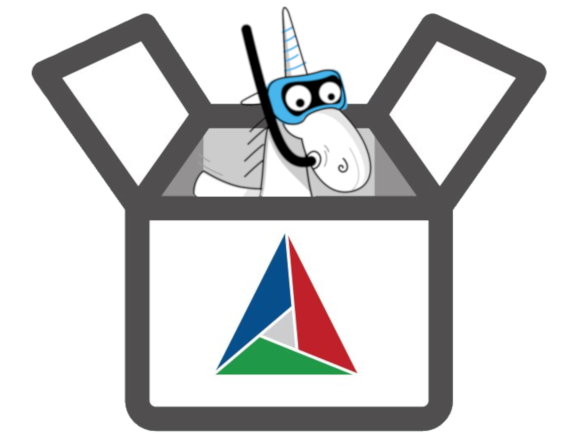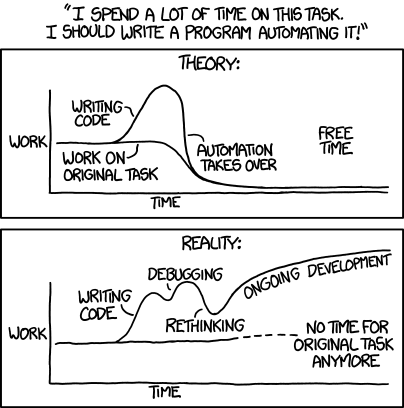In some projects, the build script is playing the role of Cinderella. The team focuses its main effort on code development. And the build process itself could be handled by people who are far from development (for example, those responsible for operation or deployment). If the build script works somehow, then everyone prefers not to touch it, and noone ever is thinking about optimization. However, in large heterogeneous projects, the build process could be quite complex, and it is possible to approach it as an independent project. If however you treat the build script as a secondary unimportant project, then the result will be an indigestible imperative script, the support of which will be rather difficult.
In the previous post we looked at what criteria we used to choose the toolkit, and why we chose gradle/kotlin, and in this post we will take a look at how we use gradle/kotlin to automate the build of non-JVM projects. (There is also a Russian version.)

Introduction
Gradle for JVM projects is a universally recognized tool and does not need additional recommendations. For projects outside of the JVM platform, it is also used. For instance, the official documentation describes usage scenarios for C++ and Swift projects. We use gradle to automate the build, test, and deployment of a heterogeneous project that includes modules in node.js, golang, terraform.







